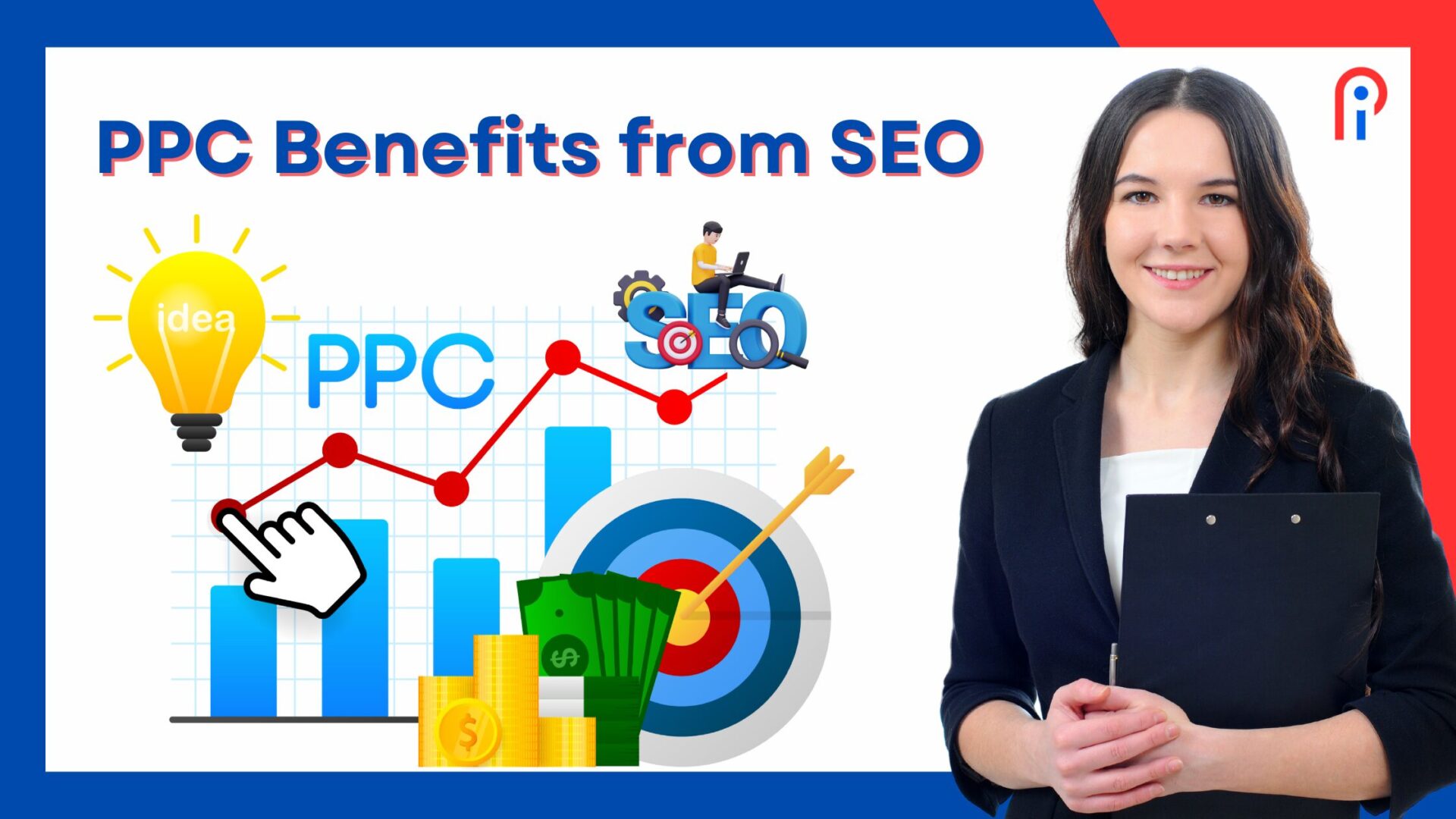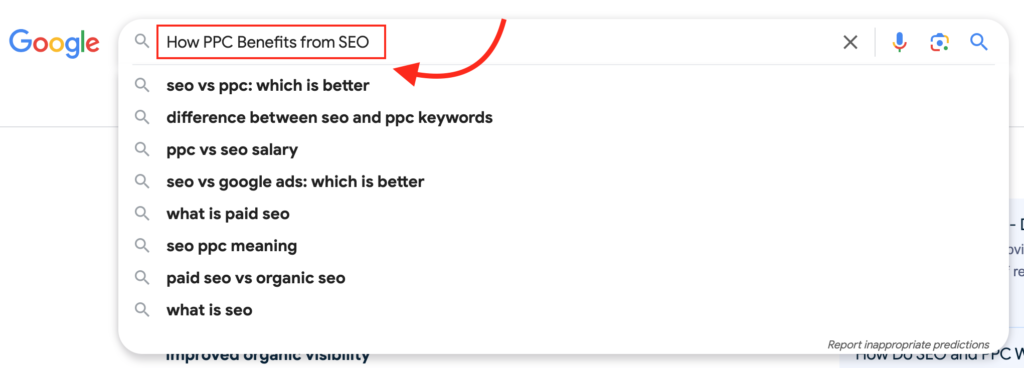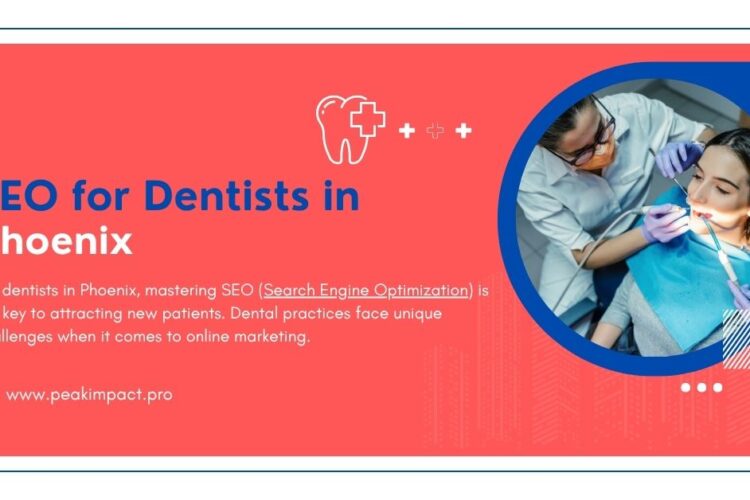
Pay-per-click (PPC) advertising and search engine optimization (SEO) are two pillars of digital marketing. While these strategies serve different purposes, they can complement each other to deliver outstanding results.
Businesses often debate whether to invest in PPC or SEO, but combining both can maximize success. Here, we’ll explain how PPC benefits from SEO, highlighting their unique connection and how to integrate them effectively.
Quick View
Understand the Difference Between PPC and SEO
What is PPC?
PPC is an advertising model where businesses pay for each click on their ad. It provides immediate visibility on search engines and drives targeted traffic.
What is SEO?
SEO focuses on optimizing a website to improve organic rankings on search engines. It aims to drive free, long-term traffic through content and technical optimization.
How PPC Benefits from SEO

Combining PPC with SEO creates a powerful synergy. Here are the key ways SEO boots PPC performance:
1. Improved Keyword Strategy
SEO involves extensive keyword research to identify terms users search for. This data helps optimize PPC campaigns. By understanding high-performing keywords in SEO, you can:
- Target the right audience in paid search campaigns.
- Avoid wasting budget on irrelevant keywords.
Example: If “affordable digital marketing” performs well organically, using it in PPC ads can improve click-through rates (CTR).
2. Higher Quality Scores in PPC
Google Ads assigns a quality score to PPC campaigns based on relevance and user experience. A well-optimized landing page from SEO efforts improves your quality score. This leads to:
- Lower cost-per-click (CPC).
- Better ad placements.
SEO ensures that landing pages are fast, engaging, and keyword-rich, directly benefiting PPC campaigns.
3. Increased Click-Through Rates (CTR)
SEO improves the content and structure of your website, making it more user-friendly. When users see consistent messaging between your organic and paid results, it builds trust. This consistency boosts CTR for PPC ads.
Tip: Use SEO insights to align your PPC ad copy with user expectations.
4. Better Conversion Rates
SEO focuses on creating high-quality content and improving user experience. These improvements benefit PPC campaigns by driving users to optimized landing pages that convert better.
SEO Enhancements That Help PPC:
- Mobile-friendly design for seamless navigation.
- Clear calls-to-action (CTAs) that encourage users to act.
5. Dominating the SERP
When SEO and PPC work together, you can appear in both organic and paid results. This dual presence increases visibility and credibility. Users are more likely to trust and click your links.
Example: A business appearing in both PPC and organic search results for “best running shoes” establishes authority and captures more clicks.
6. Enhanced Retargeting Campaigns
SEO attracts organic visitors who may not convert immediately. PPC retargeting campaigns can target these users, reminding them of your brand. By combining SEO and PPC, you:
- Re-engage potential customers.
- Increase conversion opportunities.
7. Shared Insights Between Campaigns
SEO and PPC campaigns generate valuable data. Sharing these insights can optimize both strategies.
- From SEO to PPC: Use top-ranking organic keywords in paid ads.
- From PPC to SEO: Identify high-performing ad copy and create similar content for SEO.
PPC Advertising vs. SEO: Key Differences
While both aim to drive traffic, they operate differently:
| Feature | PPC Advertising | SEO |
|---|---|---|
| Cost | Paid per click | Free (requires effort/time) |
| Timeline | Immediate results | Long-term results |
| Traffic Type | Paid traffic | Organic traffic |
| Longevity | Ends when the budget runs out | Sustains over time |
Both strategies have unique strengths. Together, they offer a balanced approach to online marketing.
SEO and PPC: A Perfect Match
1. Boosting Brand Awareness
SEO builds trust over time, while PPC delivers instant visibility. Together, they enhance your brand’s online presence.
2. Supporting New Product Launches
SEO takes time to rank content, but PPC can promote new products immediately. SEO ensures long-term visibility.
3. Targeting Different Customer Journeys
SEO is ideal for users in the research phase, while PPC targets users ready to buy. This combination ensures you reach customers at every stage of their journey.
Paid Search SEO: How to Integrate Them
To fully leverage the benefits of SEO and PPC, integrate their strategies effectively:
1. Unified Keyword Strategy
Use SEO tools like Ahrefs or SEMrush to identify keywords that work for both campaigns.
2. Align Landing Pages
Ensure your SEO-optimized pages align with PPC ads. This improves user experience and conversion rates.
3. Track and Analyze Data
Monitor metrics like CTR, conversion rates, and keyword performance for both campaigns. Use this data to refine your approach.
Conclusion
PPC benefits significantly from SEO, creating a dynamic synergy that boosts performance. By combining the strengths of SEO and PPC, businesses can dominate search results, improve user experience, and maximize conversions. Integrate these strategies today and unlock your digital marketing potential.
FAQs
1. Should I invest in PPC or SEO first?
Invest in both if possible. Use PPC for immediate traffic and SEO for long-term growth.
2. Can PPC help SEO rankings?
Indirectly, yes. PPC drives traffic, which can increase brand awareness and improve click-through rates.
3. How do I measure success in SEO and PPC?
Track metrics like organic traffic, ad clicks, conversion rates, and ROI for both campaigns.
4. What’s the main advantage of combining SEO and PPC?
You achieve broader visibility and maximize traffic by targeting users through both organic and paid channels.
5. Are PPC and SEO strategies suitable for small businesses?
Yes. PPC offers immediate results, and SEO provides cost-effective, long-term benefits for small businesses.




